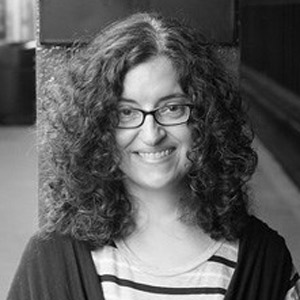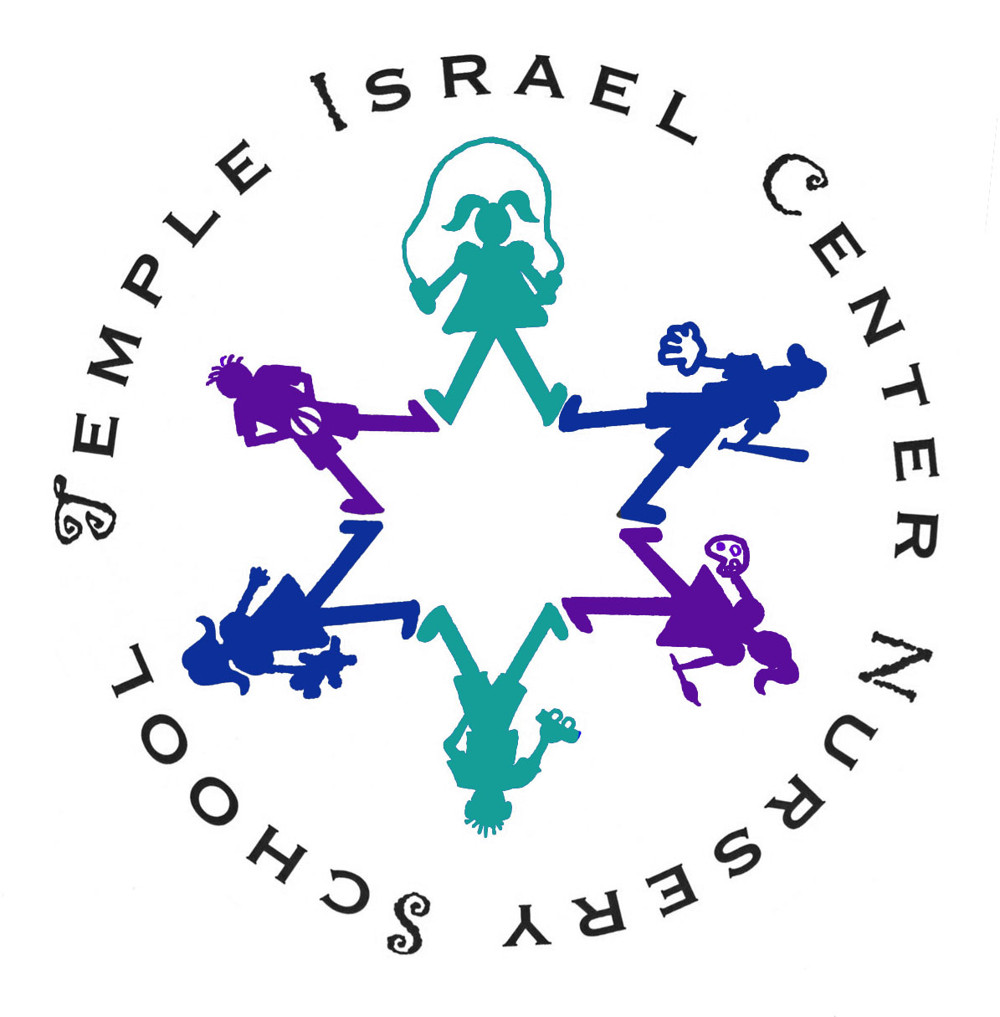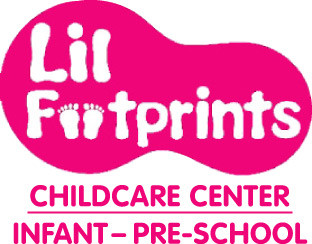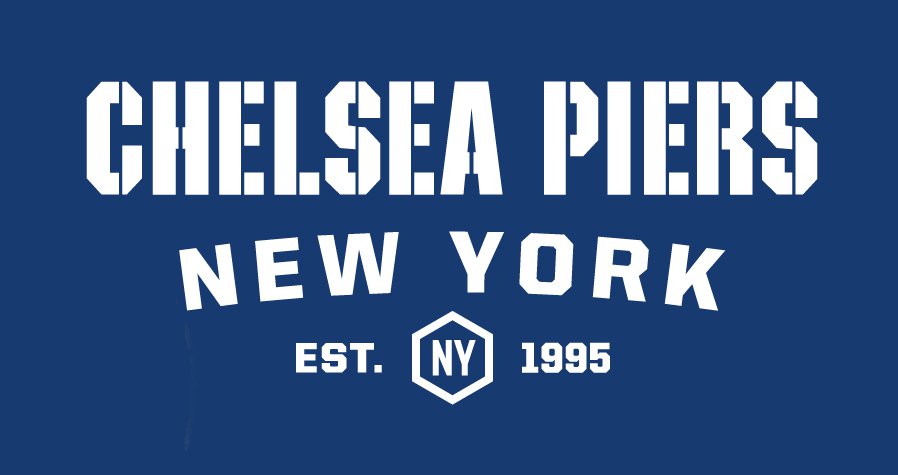
How to Research a Day Care: Ask These Important Questions
When researching a day care, it’s important to make sure you’re comfortable with the staff, policies, and more. Ask these questions to ensure you make the right choice.
Get can’t-miss family activities sent to you!
Get the Best Kid-Friendly Activities
Sent to You Weekly!
How are children grouped? Are there any instances in which children of different ages are grouped together (such as in a playground during drop-off or pickup)?
How do you deal with behavior issues? How are children disciplined? How are disagreements or spats between kids addressed?
Can caregivers be hired to babysit? Some centers have strict rules about parents and teachers interacting offsite.
Questions to Ask Day Care Providers About Health and Safety
-
What is the center’s immunization / vaccination policy? Robertson also advises families to check whether the child care program regularly confers with any medical experts.
-
How does the center protect against COVID-19? What happens if there is a confirmed case?
-
Are teachers allowed to administer medicine, including pain relief? If so, in what circumstances?
-
If a child becomes ill, how long must the child be kept at home before returning to the center?
-
How often are the toys, art supplies, tables, chairs, and other materials and furniture disinfected?
-
What is the security set-up? If there are cameras, who is monitoring them? How long does the center keep the footage? How are people allowed into the center?
-
What is the hiring process for your staff? How are your teachers screened? Is everyone given background checks?
-
What’s the drop-in or visitation policy? Can you stop by whenever to feed, watch, or interact with your child?
-
How do the teachers communicate? Do you get daily updates via email? Texts throughout the day? “The program you select should welcome all families,” Robertson notes. “Beyond just inclusive practices and policies, the center should proactively engage voices via parent partnership groups, and welcome open, ongoing dialogue via live or virtual events and conversation.”
-
What is the turnover rate among your teachers? What’s the average tenure (amount of time in role)?
-
How often do children get to go outside? Is there an outdoor play structure? Is it loud? Near the road? Visible from the street?
-
Are children ever taken offsite, such as to a neighborhood playground or on a field trip? Do they walk, take public transportation, or travel by van / bus? Make sure to ask about the policy and procedures for field trips.
Questions to Ask Day Care Providers About Snacks, Screens, and Schedules
-
Is food provided? How often? What kind? Are vegetarian options available? How do you address allergies? How do you address other dietary needs/restrictions?
-
If you must provide food for your child, how much do you need to provide (entire meals or just snacks)? Where and how is the food stored?
-
Are children given access to electronic devices? How often? What kinds, and to what end? Some classes might start the day with a movement class on a smartboard, for example, while others might let their kids watch a video in the unstructured time before parent pickup.
-
What are the center’s hours? What happens if you’re late? A center may be open from 7am-7pm, but there may be extra costs associated with dropping off or picking up your child beyond a certain window of time.
-
What does the daily schedule look like? Are older children assigned jobs in the classroom?
-
Is there a weekly learning plan? What holidays are celebrated, and how?
-
Does the day care follow the NYC DOE school calendar? What about snow days?
-
What is the sleep schedule? Are kids allowed to sleep when they’re tired, or is there a specific time for naps?






